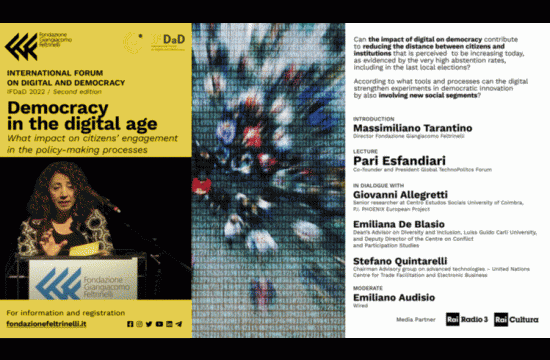An Overview of Current Debates on Green Business
By: Pari Esfandiari
First published at the Iran International Magazine in March 2000.
The much-celebrated notion of green business emerged in the 1990s as a result of a confluence of circumstances. The term implies that business, as a responsible agent of society, would voluntarily embrace green values. It is argued that green business is a natural, inevitable, and essential progression, and environmental responsibility is an expansion of earlier social responsibility of business towards employees and community, now expanded to include the national and international community as well as the environment.
Green business advocates use economic arguments and market mechanisms to illustrate the inevitability of business conversion to green. They maintain that the key to restoring economic vitality today is to recognize that social goals and profits are not only compatible but so interdependent that a business cannot succeed unless it unifies these.
Analysis of business conversion to green refers to two main modes: reactive and proactive response. The reactive mode is a response to current or future pressures and/or opportunities, while the proactive mode commonly refers to internal and cultural changes. However, it is important to notice that it is very difficult to draw a hard line between these two; many reactive actions have a proactive connotation, while many proactive actions are driven by reactive motives.
The reactive mode is the most widely discussed mode of green behavior in literature and represents the mainstream approach. It argues that growing external factors feed one another and turn environmental consideration from an option to a means for business survival or opportunity. The key external pressures and opportunities articulated by literature are: legislation, consumer, shareholder, financial institutions, employee, public, pressure groups, supply chain, growing market, and economic efficiency.
But critics argue that external factors, while important triggers for change, encourage the adoption of reformist measures and promote shallow changes at most, emphasizing technical fixes and operational change. Therefore, alone, they could not bring value change to businesses which is essential to safeguard the natural environment. Concerns are expressed by critics about the possibility that the new orthodoxy of green business may gain dominance over the environmental agenda and constrain and obscure its development. This could then result in a diminution of public interest altogether.
The proactive mode is a response to these criticisms. Here, business claims a social stance, arguing that its conversion to green is the result of its internal values under its own drive and vision. But a claim for social stance goes beyond simply implementing green values. It also implies the active influencing of external factors including the market, the political context, and the regulatory regime. In a more complete sense, pro-action includes the more outward-looking strategies involving changing society and legislation.
But critics dismiss business claim of social responsibility and its transformation to green values as false, aimed at seeking public sympathy and building a green image, and/or influencing legislation. The very idea of green business is seen as a contradiction in terms and misleading. Green business is defined as a potential propaganda tool for industrialists anxious to resist deeper change. It is pointed out that businesses are based on profit-making, continual growth, expansion, and consumption; all fundamentally incompatible with green position. It is argued that currently, there is a tension between social responsibility and business ethic on one hand and profit on the other, and the notion of profit is sacrosanct, therefore, there can be no debate.
The issue of business social responsibility is gaining significance with increased business globalization. Critics argue that globalization undermines state control over national economies, leaving control to transnational corporations. But these corporations are not elected, nor are they related or concerned about nations. Therefore, they could not be trusted. Armed with these arguments, critics demand conscious effort to prevent increased business globalization and its consequent power over nation states.
In my view, this argument lacks vision and globalization is already a reality. It has a great potential to improve living standards in the developing world, provided business fulfills its accountability. Businesses themselves realize this and increasingly seek public acceptability. At this stage, as this brief introduction illustrates, the notion of business social stance is new, and the debate is immature and progressing. It is impossible to logically prove whether businesses could be trusted to voluntarily take a social stance.
However, one clear message emerges, that over the next decade, business will undergo profound changes, re-evaluation, rethinking, and possibly, a paradigm shift. As business seeks further public acceptability, it is expected to undergo a paradigm shift in the next decade.










